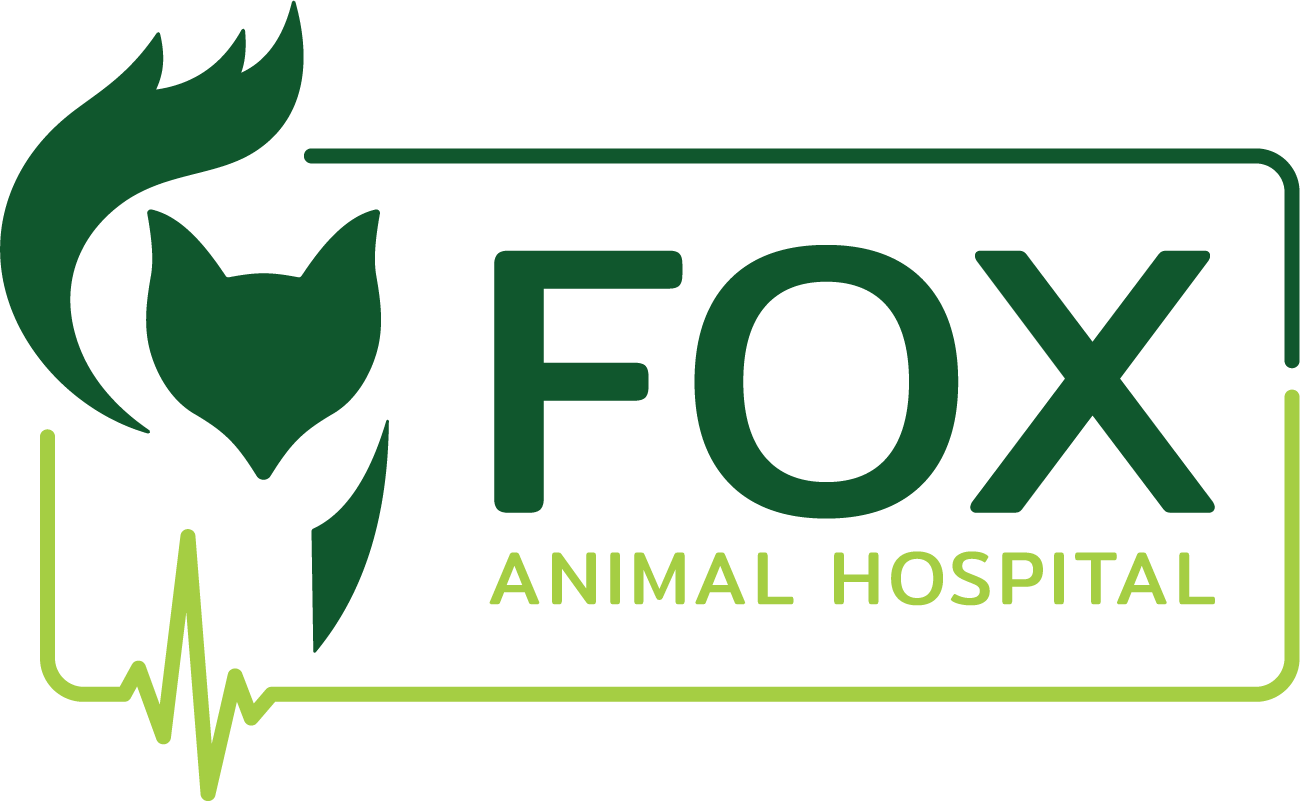Library
-
Roundworms are one of the most common intestinal parasites observed in cats. Almost all cats will become infected with roundworms at some point in their life, most often as kittens. Roundworms are not particularly harmful to adult cats, but large numbers may cause life-threatening problems in kittens and debilitated older cats. Roundworms can also be transmitted to humans. Diagnostic testing, treatment, and preventive measures are explained in this handout.
-
SAMe is given by mouth and is used on label and over the counter to treat liver disease and other conditions. Give as directed by your veterinarian. Side effects are uncommon but may include mild stomach upset. Antidepressants, dextromethorphan, meperidine, pentazocine, and tramadol should be used with caution when given with SAMe. Inform your veterinarian of all medications, vitamins, and supplements that your pet is taking. If a negative reaction occurs, please call your veterinary office.
-
SAMe or S-adenosyl-methionine + Silybin (brand name: Denamarin®) is a combination supplement commonly used to support liver health in cats and dogs. The body uses SAMe for many important functions, such as brain, heart, hormone, antioxidant, detoxifying, and other metabolic functions. The combination of SAMe and Silybin is used to support liver and brain health. This article discusses side effects, interactions, monitoring, and storage.
-
Do you have medications stored in the bathroom cabinet, kitchen drawer, and pantry shelf? Are random bottles haphazardly tossed into the “pharmacy”? Medications are meant to help us and our pets, but they can do more harm than good if stored or administered incorrectly. You can protect your family and pets by safely handling and disposing of medications.
-
Sago Palms are pretty plants but beware—they pack a deadly punch for pets. The popular Sago Palm enhances outdoor landscapes in warmer areas of the U.S. and serves as indoor decor in many colder climates. All parts of the Sago Palm are poisonous, but the seeds (nuts) are the most toxic to pets. As with all poisoning cases, early detection and treatment increases the rate of success.
-
Salicylic acid topical (brand name Solva-Ker®, BioSeb®, Cerasoothe® SA, others) is an antimicrobial and antipruritic (anti-itching) agent used in the treatment of seborrheic (dry or greasy dandruff) disorders in cats, dogs, and other animals. It may be specially compounded and/or combined into a formulation with other medications. It comes in cream, gel, ointment, and shampoo forms.
-
Salivary gland tumors are rare in dogs and cats. The mandibular and parotid glands are most commonly affected. Signs include swelling of the upper neck or ear base, halitosis, anorexia, weight loss, difficulty eating, pain, and lethargy. The treatment of choice is usually surgical excision. If complete excision is not possible, adjunct radiation therapy may be pursued.
-
A salivary mucocele is an accumulation of saliva that has leaked from an injured salivary gland or duct. Some mucoceles cause swelling of the face and neck, while others interfere with a dog’s ability to swallow or breathe normally. Treatment typically requires surgical removal of the affected salivary gland(s).
-
A cat’s claws are an integral part of their anatomy. Scratching behaviors are normal and serve many purposes, yet cats can cause damage and injury with their claws. By gaining an understanding of the reason that your cat uses her claws, you can provide her with alternative outlets and prevent her from causing damage to your property.
-
Seboliance (brand name Douxo®S3 SEB) is a natural extract from the pomegranate plant (Punica granatum) used to help control dandruff, reduce odor, and help hydrate dry skin in cats and dogs. Seboliance may be part of a combination product containing ophytrium. Seboliance comes in mousse and shampoo forms.

